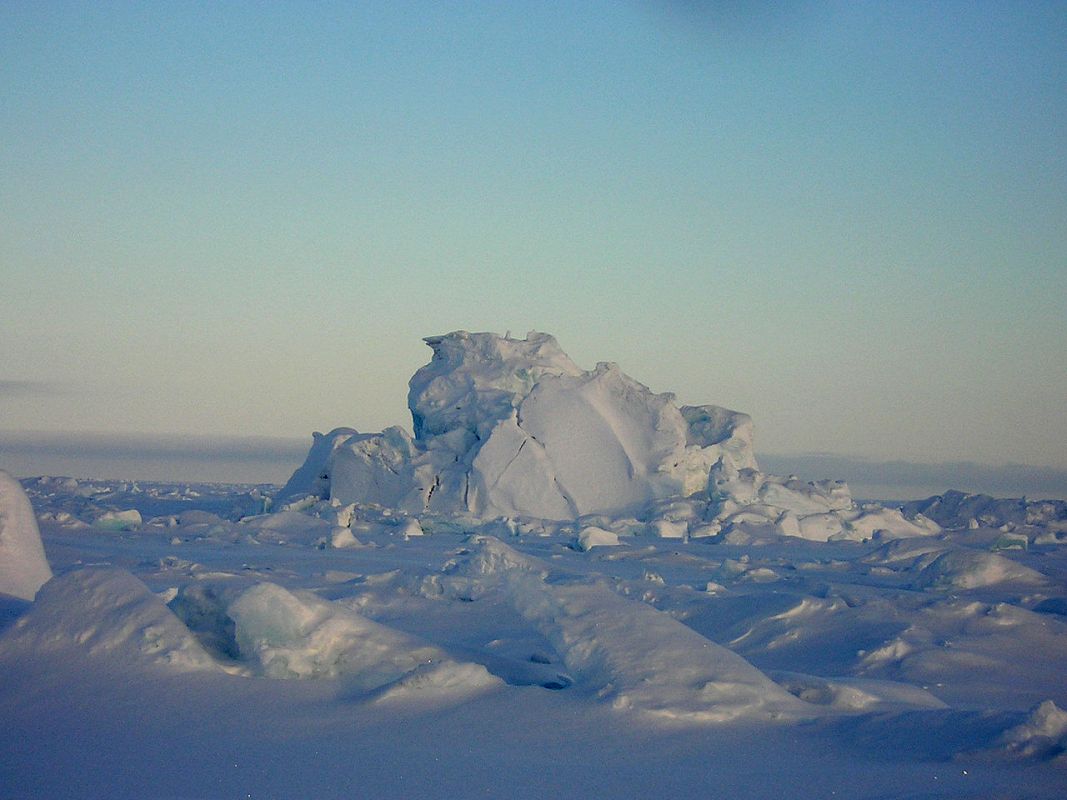28 December, 2020
Shirley Lin

US President Donald Trump has approved the Taiwan Assurance Act, a bill included as part of a spending package for fiscal year 2021.
The Taiwan Assurance Act is meant to support Taiwan’s defenses. It calls for normalizing arms sales to Taiwan to help strengthen the country’s self-defense capabilities.
The act also gives US backing to Taiwan’s participation in international organizations, such as the UN, the World Health Assembly, and other similar bodies that do not require statehood for participation.
In addition to including the Taiwan Assurance Act, the spending package also allocates US$3 million to supporting the activities of the Taiwan-US Global Cooperation and Training Framework (GCTF). The GCTF is a platform designed to promote public health, law enforcement, disaster relief, energy cooperation, women’s empowerment, network security, media literacy, and good governance in both the US and Taiwan.
Beijing describes US move as ‘interference in China's internal affairs’
Ovunc Kutlu and Riyaz ul Khaliq |28.12.2020
ANKARA
US President Donald Trump on Sunday signed the Taiwan Assurance Act into law, which was part of the wider $1.4 trillion federal government spending bill for the fiscal year of 2021.
After days of stalling, the bill was jointly signed with COVID-19 stimulus package that includes $900 billion aid
The US House of Representatives had unanimously passed the Taiwan Assurance Act in May 2019 when it was added to that fiscal year's spending bill for the Senate to consider.
The act aims to strengthen bilateral ties between the two countries and encourages Taiwan to increase its defense spending.
Criticizing the law, China termed the US move an “interference in China's internal affairs”.
“China firmly opposes US' Taiwan Assurance Act, and the US should stop interfering in China's internal affairs by using the Taiwan question,” China’s Foreign Ministry Spokesman Zhao Lijian told a news conference in Beijing, according to daily Global Times.
Since the act passed the House, the Trump administration has approved eight arms sales to Taiwan, which include anti-ship cruise missiles and drones.
The act also includes Washington's support for Taiwan’s meaningful participation in the UN and other organizations, and provides $3 million for activities of US-Taiwan Global Cooperation and Training Framework.
China considers Taiwan – officially known as the Republic of China – a breakaway province, while Taipei insists on its independence since 1949 and has diplomatic relations with 16 countries and regions. With the US expressing open support to Taiwan and selling high-tech weaponry to Taipei, China has increased its military operations in the region.

File photo of Donald Trump speaking at the White House. (AP)
US President Donald Trump has signed into law a bill which calls for establishing a US consulate in Tibet and building an international coalition to ensure that the next Dalai Lama is appointed solely by the Tibetan Buddhist community without China's interference. The Tibetan Policy and Support Act of 2020 modifies and re-authorises various programmes and provisions related to Tibet.
Trump signed the act on Sunday as part of the massive USD 2.3 trillion package for the year-end bill to provide long-delayed coronavirus relief and fund the federal government. The US Senate last week unanimously passed the bill despite China's protest.
It authorises assistance to non-governmental organisations in support of Tibetan communities in Tibet; places restrictions on new Chinese consulates in the United States until a US consulate has been established in Lhasa, Tibet. The law now authorises the Office of the US Special Coordinator for Tibetan Issues and expands the office's duties to include additional tasks, such as pursuing international coalitions to ensure that the next Dalai Lama is appointed solely by the Tibetan Buddhist faith community.
It also directs the Secretary of State not to open a new Chinese consulate in the US unless China allows the opening of an American consulate in Lhasa. It is the policy of the US to take all appropriate measures to hold accountable senior officials of the Chinese Government or the Chinese Communist Party who directly interfere with the identification and installation of the future 15th Dalai Lama of Tibetan Buddhism, the successor to the 14th Dalai Lama.
Beijing views the 14th Dalai Lama as a "separatist" working to split Tibet from China. Some of the prominent measures approved by the US Congress include imposing sanctions on Chinese officials, including travel restrictions. Noting that the 14th Dalai Lama advocates the Middle Way Approach, which seeks genuine autonomy for the six million Tibetans in Tibet, the new law says that the Dalai Lama has overseen a process of democratisation within the Tibetan polity and devolved his political responsibilities to the elected 23 representatives of the Tibetan people in exile in 2011.
The Tibetan Policy and Support Act of 2020 approves USD 1 million per annum for the Special US Coordinator on Tibet, USD 675,000 towards scholarship provisions, USD 575,000 for scholar exchange initiatives, USD8 million for the Tibetan Autonomous Regio and Communities in China, USD 6 million for Tibetans living in India, USD3 million for Tibetan governance. Expressing concern over the exploitation of natural resources of Tibet, in particular water, the new law seeks to pursue collaborative efforts with Chinese and international scientific institutions, to monitor the environment on the Tibetan Plateau, including glacial retreat, temperature rise, and carbon levels, to promote a greater understanding of the effects on permafrost, the river flows, grasslands and desertification and the monsoon cycle.
2020-12-28

'The determination of the Chinese government to safeguard its national sovereignty, security and development interests is unwavering, says the Foreign Ministry's Zhao Lijian. File photo: AFP
Beijing expressed anger on Monday after US President Donald Trump signed into law measures to further bolster support for Taiwan and Tibet, which had been included in a US$2.3 trillion pandemic aid and spending package.
China has watched with growing alarm as the United States has stepped up its backing for Taiwan and its criticism of Beijing's rule in remote Tibet, further straining a relationship under intense pressure over trade, human rights and other issues.
The Taiwan Assurance Act of 2020 and Tibetan Policy and Support Act of 2020 both contain language objectionable to China, including US support for Taiwan's meaningful participation in United Nations bodies and regular arms sales.
On Tibet, which China has ruled with an iron fist since 1950, the act says sanctions should be put on Chinese officials who interfere in the selection of the exiled spiritual leader the Dalai Lama's successor.
Speaking in Beijing, Foreign Ministry spokesman Zhao Lijian said China was "resolutely opposed" to both acts.
"The determination of the Chinese government to safeguard its national sovereignty, security and development interests is unwavering," he told reporters.
The US should not put the parts of the acts which "target China" into effect in order to avoid harming Sino-US relations, he said, adding they were an interference in China's internal affairs.
In Taiwan, the government welcomed the US move.
"The United States is an important ally of Taiwan's internationally, and a solid partner for sharing the values of freedom and democracy," Presidential Office spokesman Xavier Chang said.
Trump, who is due to leave office on January 20 after losing November's election to President-elect Joe Biden, backed down from his earlier threat to block the spending bill, which was approved by Congress last week, after he came under intense pressure from lawmakers on both sides of the political aisle.
He signed it on Sunday evening. (Reuters)









